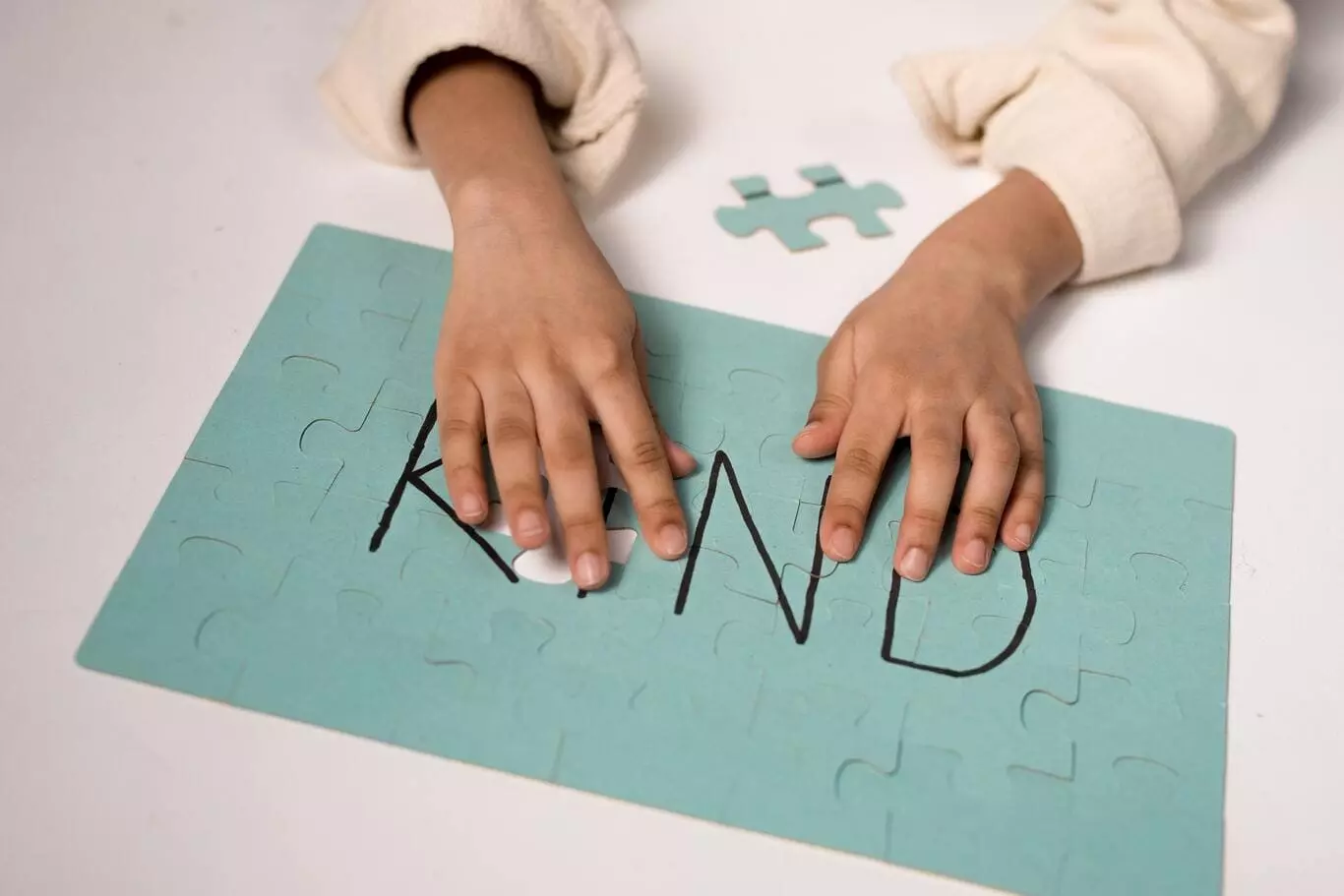9 Clear Signs You’re an Empath (And What It Means)

Many people feel emotions deeply, but empaths absorb them, sometimes feeling the joys and pains of others as if they were their own. Walking into a room, you sense the energy before anyone speaks. This isn’t a skill you learn; it’s just how you work.
Empaths process emotions differently from others and may find crowded environments draining or be affected by the suffering of strangers. Highly sensitive persons (HSPs) share some traits, but empaths take this a step further, embodying the emotions they encounter.
Understanding what it means to be an empath helps with self-awareness and building emotional resilience. Labels matter less than learning how your sensitivity affects your life.
Are You An Empath or a Highly Sensitive Person?
Research shows that only 1-2% of people are true empaths who deeply absorb others’ emotions. Meanwhile, 15-30% qualify as highly sensitive persons (HSPs).
Recent studies using the Highly Sensitive Person Scale found 29% prevalence rates, though Dr. Elaine Aron places HSP rates at 15-20%.
The distinction between empaths and HSPs is subtle. The labels matter less than how they help you understand yourself.
Some people connect with “empath,” while others prefer “highly sensitive person.” What counts is how these identities support your self-awareness and growth.
Many find comfort in these labels. They validate experiences and provide insight into personal needs. Understanding yourself through these frameworks can be empowering. They offer structure for self-care and emotional resilience.
Recognizing your sensitivity leads to deeper self-acceptance. You can appreciate your traits rather than view them as burdens.
Labels should never become limitations. If identifying as an empath or HSP makes you avoid growth or personal challenges, reframe how you use these identities.
The goal is not staying trapped in a label. Use it as a stepping stone to greater self-compassion and empowerment. Rather than justifying emotional struggles, let these terms guide you in relationships, personal growth, and self-care while honoring your sensitivity.

9 Signs You Are an Empath.
Being an empath comes with its own kind of magic:
1.) Emotional Absorption
You instantly feel other people’s emotions as your own: joy, sadness, anger, or stress. This goes beyond simple empathy. When your colleague receives bad news, you might feel their disappointment settling in your chest.
Research from the Journal of Personality and Social Psychology shows that highly empathic individuals activate the same neural pathways when witnessing others’ pain as when experiencing it themselves.
In workplace settings, this can create challenges during team meetings where tension runs high. You might leave feeling emotionally exhausted even when the conflict wasn’t yours.
2.) Energy Depletion in Social Settings
Crowds or busy environments leave you drained or overwhelmed fast. Shopping malls, concerts, or networking events can feel like emotional hurricanes. For example, after attending a work conference, you may need several hours of complete solitude to feel balanced again.
A 2023 study in Frontiers in Psychology found that 29% of highly sensitive individuals required extended downtime after group events. This isn’t antisocial behavior; it’s neurological self-preservation.
3.) Natural Confidant
Friends and strangers share personal stories because you listen without judgment. Your presence creates safety for others to open up.
You might find yourself in coffee shops where baristas share relationship troubles, or at parties where acquaintances reveal family struggles within minutes of meeting you.
This trait can impact your social life significantly. While meaningful, these interactions can leave you carrying emotional weight that isn’t yours to bear.
4.) Emotional Detection
You sense when someone is lying or hiding true feelings. Your intuition picks up micro-expressions, voice changes, and energy shifts that others miss.
During job interviews, you might instantly know if candidates are being authentic about their experience, even when their resume looks perfect.
This ability can strain relationships when family members or friends aren’t ready to acknowledge what you’re sensing.
5.) Media Sensitivity
News stories or movies easily make you cry or feel deeply affected. Violent news footage or sad commercials can ruin your entire day. You might avoid certain films or limit news consumption to protect your emotional wellbeing.
Research shows that empaths process visual and auditory stimuli more intensely, making media consumption a careful balance between staying informed and maintaining mental health.
6.) Recovery Time
You need extra alone time to recharge after social events. While others feel energized by parties, you require solitude to process the emotional input you’ve absorbed. A simple dinner party might require a full day of quiet recovery.
This need often conflicts with social expectations, potentially affecting romantic relationships where partners don’t understand your recharge requirements.
7.) Intuitive Knowing
You have a strong intuition about situations or people, even before they speak. You might walk into a room and immediately sense tension from an earlier argument, or feel drawn to avoid certain individuals without a logical reason.
This intuitive ability can be professionally valuable in counseling, healthcare, or leadership roles where reading people accurately matters.
8.) Natural Connection
Animals, children, and nature soothe you or make you feel deeply connected. Pets seem drawn to you, children open up easily, and spending time outdoors feels restorative rather than recreational.
These connections often provide the purest emotional experiences because animals and children communicate more authentically than adults.
9.) Emotional Confusion
You sometimes mix up your feelings with others, making it hard to know what’s truly yours. After spending time with an anxious friend, you might carry their worry for days, mistaking it for your own concern about upcoming deadlines.
Learning to distinguish between absorbed emotions and personal feelings becomes crucial for emotional health and decision-making clarity.
The Challenges of an Empath
Yet, with this sensitivity comes difficulty:
1. Emotional Overload – Absorbing so many feelings, especially in chaotic environments, can be exhausting. Without boundaries, it’s easy to feel drained.
2. Struggles in Intimate Relationships – When you feel everything so intensely, relationships can be overwhelming. The joys are euphoric, but the conflicts cut deep.
3. Difficulty Disconnecting – Even when you’re alone, you might carry the weight of emotions you picked up from others. This can impact sleep, mental well-being, and overall energy levels.
4. Being Misunderstood – Some may see your depth of feeling as a weakness or accuse you of being “too much.” Others may feel uncomfortable with how easily you read them.
5. Feeling Drained by Others – Because empaths are naturally attuned to others’ needs, they may attract those who constantly seek their emotional support, sometimes at the cost of their well-being.
Protecting Your Energy as an Empath
To embrace this ability without being consumed by it, certain practices can help:
1. Set Boundaries – Learn to say no without guilt. Recognize when a space or person drains you, and permit yourself to step away.
2. Ground Yourself – Time in nature, meditation, and breathwork can help release the energy you’ve picked up from others.
3. Transmute Negative Energy – Instead of resisting heavy emotions, imagine them transforming into light. Meet them with love, and they lose their grip.
4. Create a Sacred Space – Design a physical sanctuary that soothes and restores you. Fill it with objects that bring peace—crystals, candles, incense, or soft lighting.
5. Nourish Your Body – What you consume affects your energy. Eating vibrant, nourishing foods and practicing gratitude for your meals can help maintain balance.
6. Practice Mindful Solitude – Take time each day to sit with yourself, separate from the emotions of others. Journaling or meditation can help you reconnect with your own energy.
7. Engage in Self-Care Rituals – Whether it’s a warm bath, listening to music, or practicing yoga, making time for small acts of self-care can help replenish your emotional reserves.
Subscribe to Create Higher Vibrations!
Get Inspiration and Practical advice straight to your inbox.
Actionable Boundaries for Empaths
Final Thoughts
If you are struggling with the intensity of being an empath or a highly sensitive person, you don’t have to navigate this alone. Finding the right tools, support, and guidance can make all the difference in learning how to thrive rather than just cope.
If you feel overwhelmed, drained, or uncertain about how to manage your sensitivities, I invite you to schedule an appointment with me.
Together, we can explore ways to help you embrace your gifts while protecting your well-being. Reach out today and take the first step toward a more balanced and empowered life.



